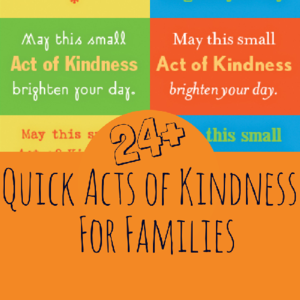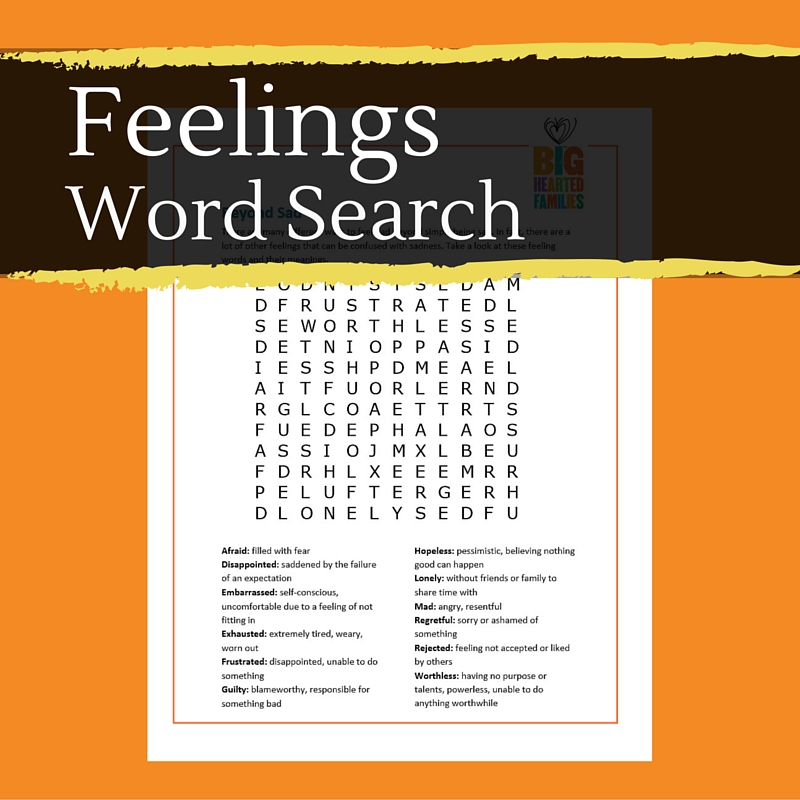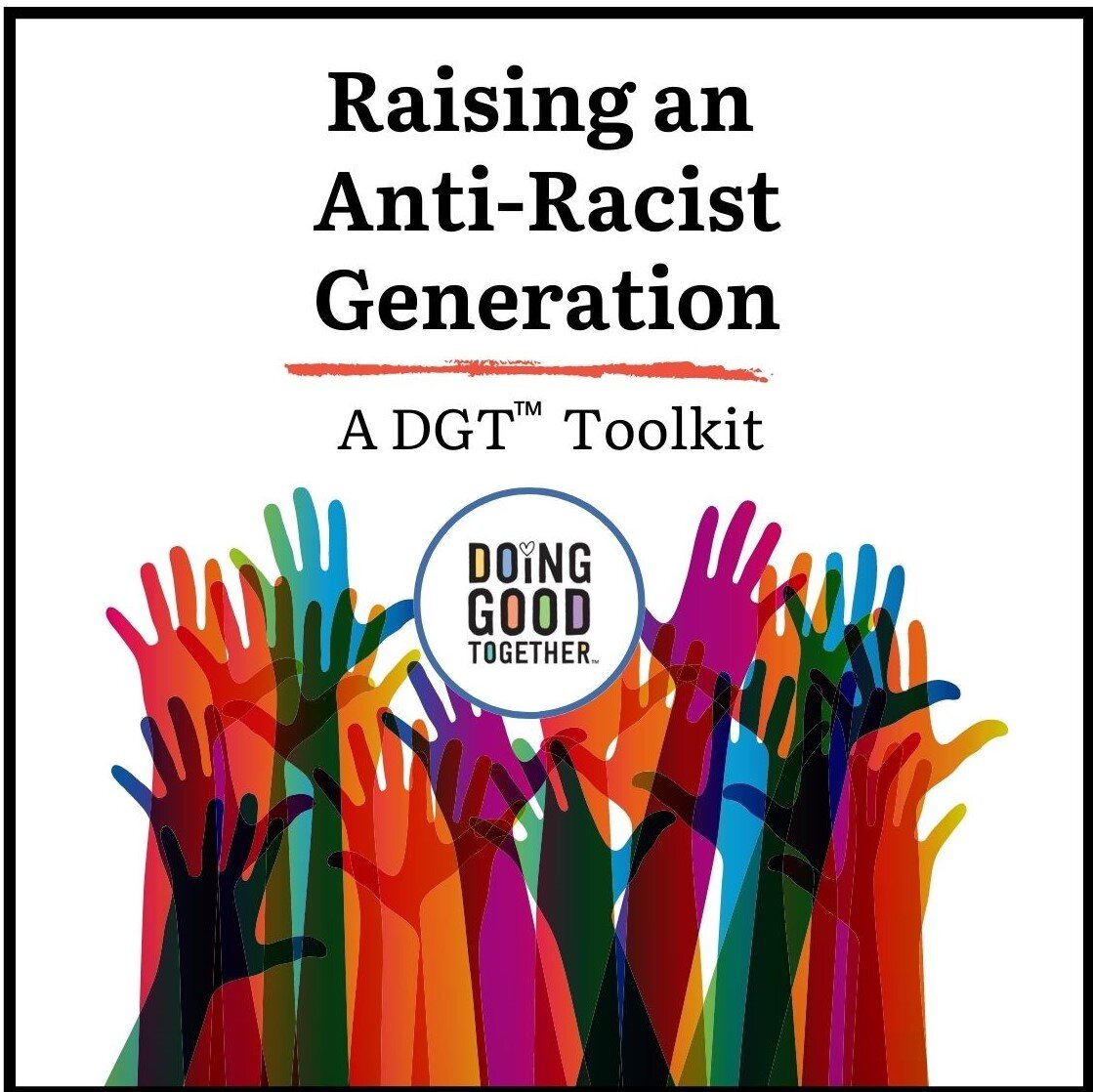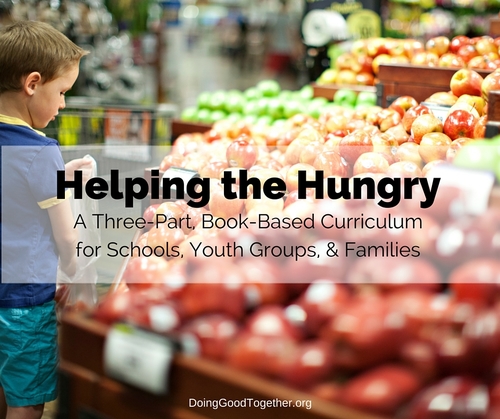This week we bring you a guest post from Caitlin Fitzpatrick Curley, a school psychologist, mom to three amazing children, and an unexpected homeschooler who writes at My Little Poppies.
“Hey, Mum?” came a tiny voice from the back seat.
“Yes, pal?” I replied, glancing at the rear view mirror to meet his big brown eyes, which I noticed were filled with tears.
“When you are worried, sometimes breakfast doesn’t taste so good,” he mumbled.
My heart sank. The worries were back and, as usual, the timing was dreadful. We had just arrived at his homeschool class, where I had hoped to drop him off alone. We now had an unwelcome visitor: anxiety.
“I think you’re right, honey," I agreed. "Food doesn’t taste good when your mind is on other, heavier, things."
I climbed out of the car, opened the back door, and swooped him up into my arms.
"I love you," I said, as I squeezed him with all my mama might, wishing I could squeeze the worries right out of him. I kissed the top of his head and he smiled up at me.
"I love you more," he replied with a smile. "I'll see you after class."
And, just like that, he was off and running to meet up with his friends.
But I knew this conversation marked the beginning of another worry swell. As I climbed into my car, I wondered how long the worry would last this time.
The apple doesn't fall far from the tree…
I’ve always been a sensitive soul and I can remember what it was like to be a little kid with worries. I spent many sleepless nights worrying about BIG things: poverty, war, global warming, the permanence of death.
Is it any surprise that I now have a child who does the same?
I certainly don't claim to have all the answers. We are right there, in the throes, with you all. I can, however, share what has worked for our family, in hopes that it will help yours.
10 Tips for Helping Your Child Manage Anxiety
Highly empathetic children are in-tune with events around them. These children have an early awareness of adult concerns and this can often result in fears and anxiety. As parents, we can help our children learn to identify and manage strong emotions.
1. Stay calm.
Believe me, I understand how exhausting it can be to mother a worrier. It can be challenging to remain calm but it is important to be a model for your child. I find it helpful to think of these worry surges as teachable moments. The truth is: coping skills are life skills, and the sooner we teach our children to manage strong emotions and stress, the better.
2. Simplify.
Whenever our son’s worry swells, we clear our calendars and make sure we are focusing on the basics: nutritious meals, fresh air and exercise, good sleep hygiene, and family time.
3. Talk about it.
By not talking about worry, you give the worry more power. Still, it can sometimes be difficult to talk about in the moment. In these cases, set up a date to chat later in the day. Sometimes it can be easier to talk when you are moving, playing a game, or driving in the car. It doesn’t matter where you talk about it, just make sure you do it!
Each time my son's worry swells, I remind him of the following:
Anxiety has a purpose; it plays a key role in the fight-or-flight response and helps to keep us safe.
Everyone experiences anxiety from time to time, some more than others.
Anxiety can be managed and significantly reduced.
4. Limit media exposure.
Reducing media exposure can be healthy for all children, but it is especially true for highly-sensitive children. Turn off the TV and close that newspaper when your children are around. Choose commercial-free options when driving. You cannot shield your child from everything, but you can work to decrease exposure to triggers.
5. Remember that sensitivity is a strength.
Yes, sensitivity can result in worries but it is also a huge strength. I like to remind my son that his sensitivity is his superpower. He is in-tune with those around him, cares deeply for others, and is a wonderful friend.
6. Talk about those "Worry Wins."
Whenever my son is struggling with a swell of worry, it can feel like worry is winning. On these occasions, I like to remind him of all the worries he’s conquered over the past eight years. The list is long. I’ll often make a "Worry Wins" list to hang on his bedroom wall, as a daily reminder that he is an expert at battling worries. Reminding him of these successes helps him to remember that he’s done this before and he can do it again.
7. Remember that worry can be managed.
Anxiety cannot be eliminated entirely, but it can be managed. I like to remind my son that he can exercise his brain just as he can exercise his body.
8. Practice those coping skills.
Learning to manage anxiety and other strong emotions is a skill that takes practice. It is important to keep in mind that every person is unique. What calms one child may not work for another. Here are some strategies that have worked for our family:
- Art
- Humor and distraction
- Yoga
- Mindfulness
- Writing (especially Brain Dumps)
- Nature
In our home, we actually created a Worry Basket. It is filled with tools that help my son to calm down and relax. My son keeps the basket beside his bed so that he can find it easily.
9. It's important to try new strategies
Worry is sneaky. It ebbs and flows and changes shape over time. It can sneak up on you on a clear blue day. Because of this, strategies that have worked in the past may not work this time. It's important to keep adding to your worry toolbox. Don't be afraid to try something new!
10. Don't be afraid to ask for help
Sometimes, the worry is just too much. In these cases, it is brave to ask for help. If your child’s worry is significantly impairing his or her daily functioning, or if there is a history of anxiety disorders in your family, it’s important to seek help. The sooner, the better. Believe me, your child will be so relieved to have another supportive adult in his or her corner.
It gets easier.
Dealing with worry surges has yet to be easy, but it is certainly much easier than it used to be. Each time my son's worry spikes, we add more coping skills to our worry-busting repertoire. Coping skills are among the greatest of life skills and I know these strategies will serve him well in life.
Now, it's your turn. Tell us: Are you parenting a worrier? What strategies work for your family?
Caitlin Fitzpatrick Curley of My Little Poppies
Caitlin Fitzpatrick Curley, a school psychologist, mom to three amazing children, and an unexpected homeschooler. She loves nature, good books, board games, strong coffee, and dancing in her kitchen. If you enjoyed this guest post, you can read about all of these things and more at My Little Poppies. Cait co-hosts The Homeschool Sisters Podcast and co-founder of Raising Poppies, an online community for parents of gifted and twice-exceptional children. She is a contributing writer for Simple Homeschool and GeekMom. Her work has also appeared on The Huffington Post, The Mighty, and Scary Mommy. You can find her on Facebook, Pinterest, Twitter, Instagram, and G+.

























